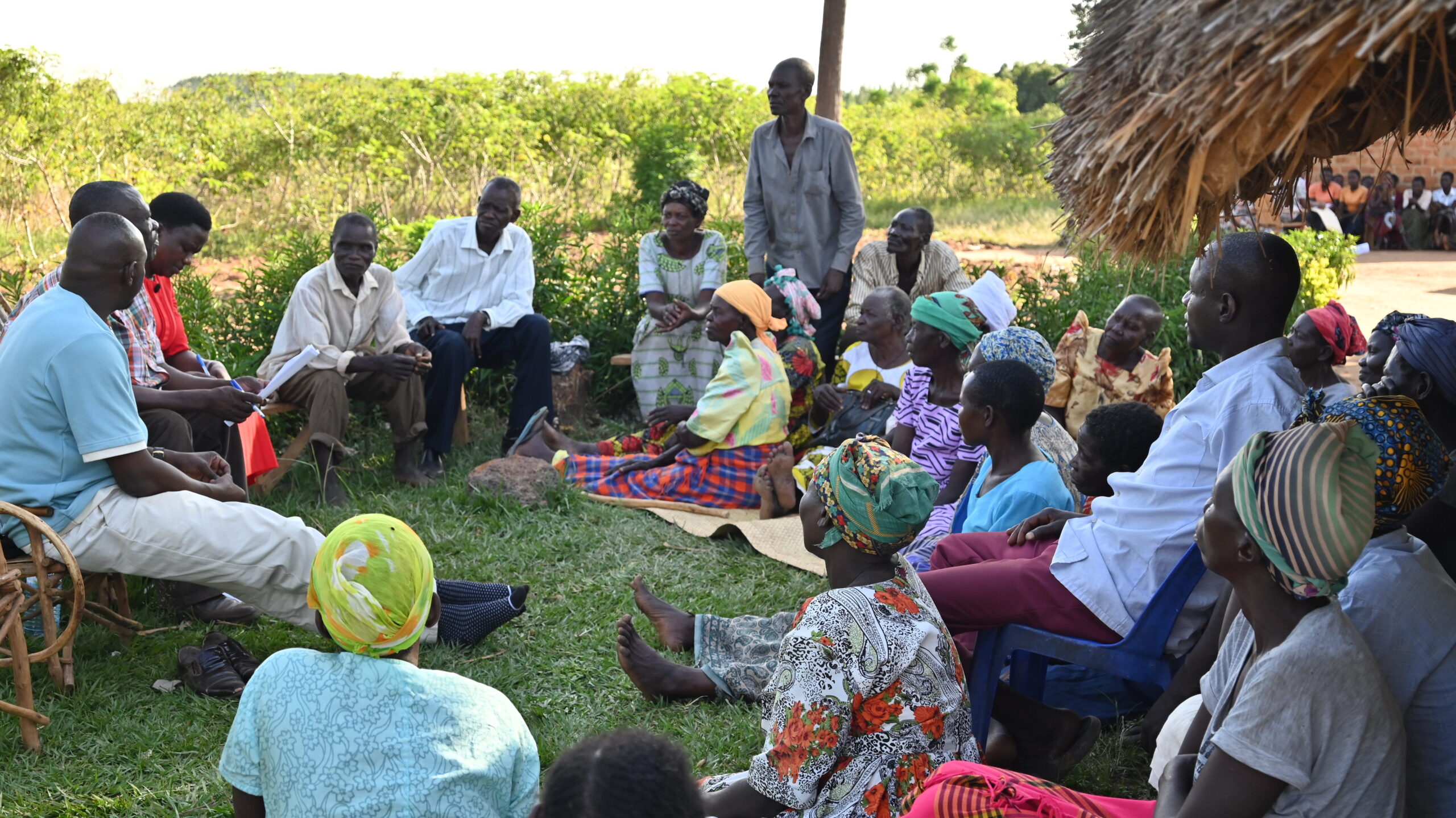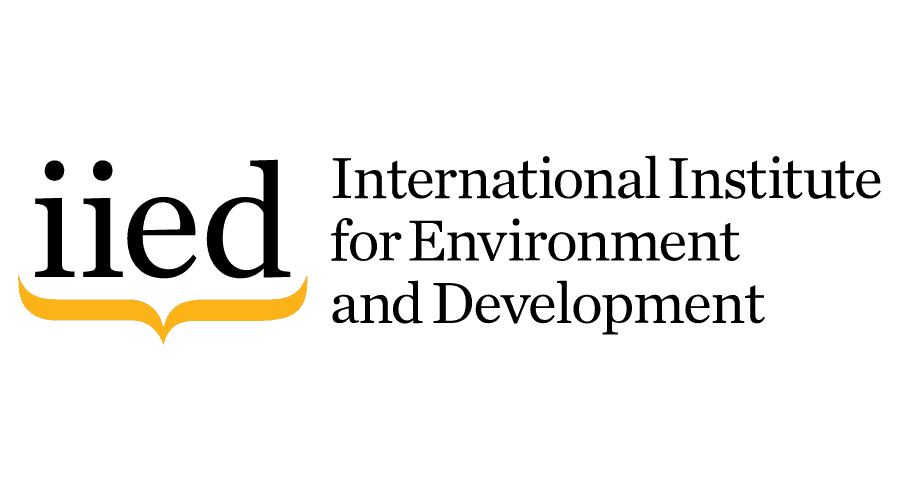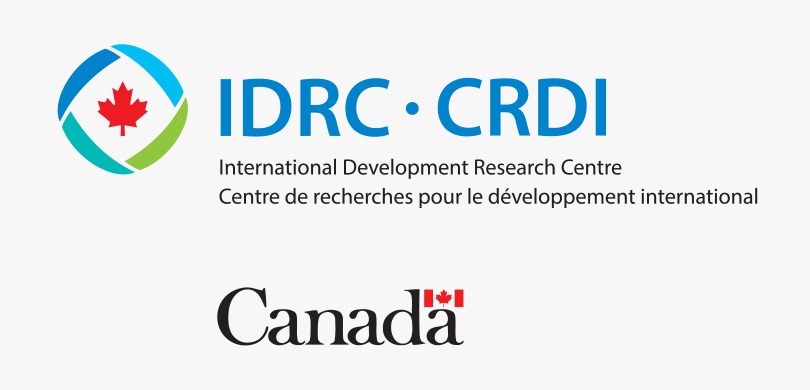Building community resilience through the locally led adaptation knowledge system in Uganda (CRAKS)
ACTADE and IIED are exploring an innovation systems approach to bridge knowledge gaps in Uganda’s agriculture sector, to enhance resilience in vulnerable regions and among marginalised groups.

Uganda is among the countries most vulnerable to the impacts of climate change. The country is already experiencing increased intensity and frequency of extreme weather events (PDF) such as floods, droughts and erratic rainfall patterns, and slow onset events such as shifts in rainfall patterns, resulting in devastating impacts including landslides, water stress and crop failure.
An estimated 68% of Uganda’s employed population depends on agriculture (PDF), mostly rain-fed, and more than 80% of the rural population rely on subsistence agriculture. Most of these smallholder farmers are in the informal sector where most marginalised groups derive their livelihood. And women are more vulnerable to impacts of climate change given that they are more involved in food production.
Although these groups are at the frontline of the climate impacts, they are rarely involved in decision-making for climate action and have limited access to resources, including on climate information and finance.
Project Overview
The CRAKS project is a 3-year project (2023-2026) that aims to improve adaptation and resilience for semi-arid and more vulnerable agricultural communities affected by climate change, especially women and other marginalized groups, by strengthening inclusive generation, dissemination, and use of local and indigenous climate change knowledge.
The project is part of the Canada – Netherlands StepChange Partnership to drive equitable and inclusive locally led adaptation.
Objectives
ACTADE and the International Institute for Environment and Development (IIED) aim to address these challenges by strengthening the agricultural adaptation knowledge systems to build community resilience. Focusing on the semi-arid regions of Lango and Bukedi in Uganda’s cattle corridor, where extreme weather events are frequent and poverty rates are high, the project seeks to:
- Strengthen collaborations between locally led adaptation knowledge creators and users
- Increase access to and utilisation of locally relevant adaptation knowledge and information, and
- Contribute to reforming systemic barriers (such as gender and social inequalities), that hinder inclusive climate action and access to climate finance for women, youth and other marginalised groups.
Project Location:
Alebtong, Kalungu and Tororo districts
Project Contact Information
Susan Nanduddu. Email: snanduddu@actade.org
Partner

Donor

Supported by:

CRAKS News
How hidden barriers exclude marginalised groups from creating and sharing knowledge, critical for climate adaptation
Photo: An elderly man from Alebtong district in Northern Uganda sharing his...
Read More
Redefining Success in Climate adaptation, let communities lead the Learning
Stand first: As the climate crisis deepens, it’s time to stop asking...
Read More
Putting Uganda’s biggest users of climate adaptation knowledge at the heart of its creation
Communities worst affected by the climate crisis are often excluded from the...
Read More

